
What You Need To Know About THCa
Move over THC and CBD, THCa is now a hugely sought-after cannabinoid in the cannabis world. As the non-psychoactive precursor to THC, THCa has a whole range of possible benefits and is available in a wide variety of products. Learn all you need to know about this rising cannabinoid and what it means for you.
With well over a hundred cannabinoids available in cannabis, the two most prominent ones are arguably THC and CBD, as pretty much any strain, edible, and extract you come across will contain sizeable levels of either. However, while those two see the lion's share of usage, other cannabinoids are becoming more commonplace in the world of cannabis. One such cannabinoid is THCa. But what is it? And what does it mean for the future of your cannabis experience? We delve into everything you need to know and more.
What exactly is THCa flower?
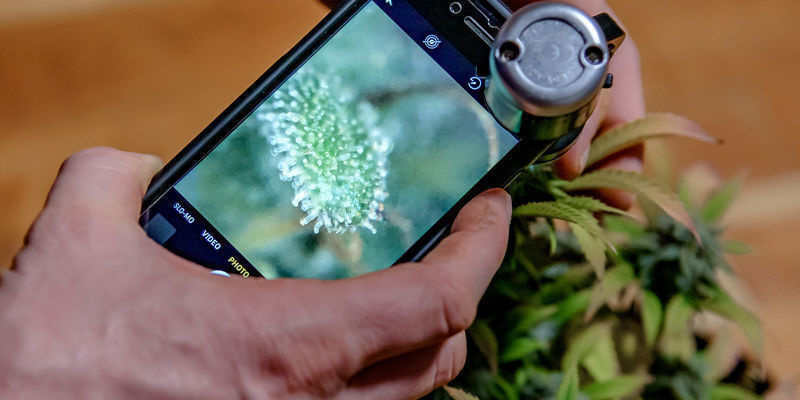
So, let's start from the top; what do we mean when we talk about THCa? Tetrahyrdocannabinolic acid (or THCa) is derived from cannabis and is an inactive cannabinoid that comes from the trichomes of live and freshly grown plants. THC (otherwise known as delta-9-tetrahydrocannabinol) is the psychotropic and active version of the same cannabinoid. While THCa and THC are chemically similar to one another, it's easier to think of THCa as a precursor to THC.
Does THCa get you high?
The all-important question! On its own, THCa does not have the capability to produce psychoactive effects. Unlike THC, THCa cannot interact or bind with the CB1 and CB2 receptors of the endocannabinoid system and, as a result, won't get you high. However, that's not to say that THCa doesn't have its uses, as, after all, CBD does not produce any psychoactive properties, and it's still massively sought-after by the cannabis community.
How do I activate my THCa?
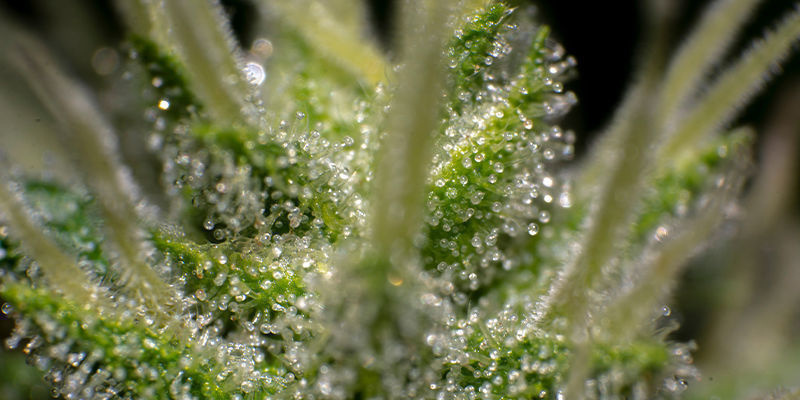
Technically, you don't have to do anything to activate THCa if you want to use it. However, as THCa is a precursor for THC, it needs to undergo decarboxylation to become THC. THCa contains one more carboxyl group than THC, and once it has been through the decarboxylation process, it loses this group and becomes THC. This change in the chemical structure allows it to bind to the receptors in the endocannabinoid system, making you feel high.
THC vs THCa
When stacked up against each other, how do THC and THCa compare? As we've already discussed, while they are very similar in their chemical structure, the decarboxylation process transforms THCa into THC. In terms of psychoactive effects, there's simply no contest between the two. Still, if THCa didn't exist in the first place, we wouldn't be able to experience these effects at all.
In fact, one of the biggest misconceptions about cannabis is that the plant will continue to accumulate THC during flowering, whereas it's actually producing THCa. There's essentially no THC detected in live and freshly harvested cannabis, as it all takes place during decarboxylation. So, while THC "wins" outright in terms of psychoactive effects, what role does THCa play?
What is THCa good for?
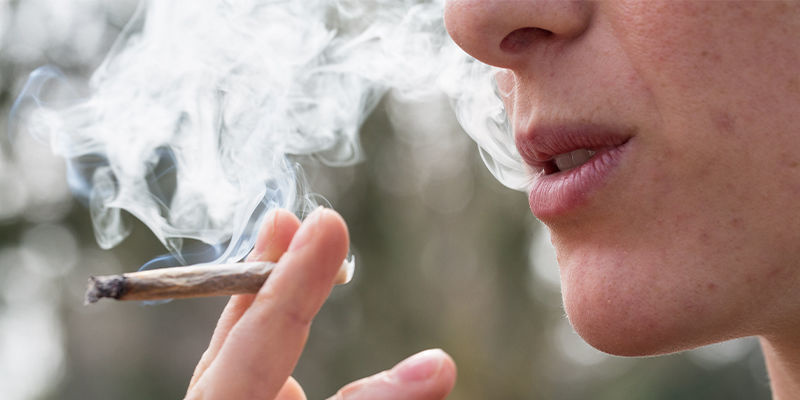
Raw cannabis and THCa have gained popularity among those looking for a health kick; however, research into the area (Kim et al., 2023) is very much in its early stages. Still, results are positive, with initial findings suggesting there are potential wellness benefits to uncover. And, of course, it's important to remember that THCa or any other cannabinoid should not be seen as a "quick fix" or a "one size fits all" solution. This relationship between cannabis and health is a hugely complex one; as more research is carried out, the evidence will become much more apparent.
What are the risks of THCa?
While there are several possible therapeutic outcomes from THCa, there are also potential side effects. Of course, these effects are unlikely to be life-threatening and are very much in keeping with any possible reactions you'd typically experience from using cannabis.
Possible side effects of THCa include:
- Nausea: Some users have experienced vomiting, upset stomach and diarrhoea. These symptoms will differ in intensity according to a user's tolerance level.
- Light-headedness and feeling dizzy: THCa can cause light-headed sensations in users. Again, this can depend on a person's tolerance and sensitivity to THCa.
- Dry mouth: THCa can produce "cottonmouth" sensations in users, but this is only temporary.
- Increased heart rate: Those sensitive to THCa may notice an increase in heart rate.
- Impaired coordination: Temporary impairment of motor skills and coordination in users.
- Mood changes: Users may experience an influx of temporary stress, paranoia and other mood changes. However, this side effect typically appears when THCa is combined with other substances or when consumed in large quantities.
Although THCa's side effects are rare, you should take care when using it. If you have any serious concerns, it's always worth consulting your doctor before taking any THCa products.
What's the best way to use THCa?
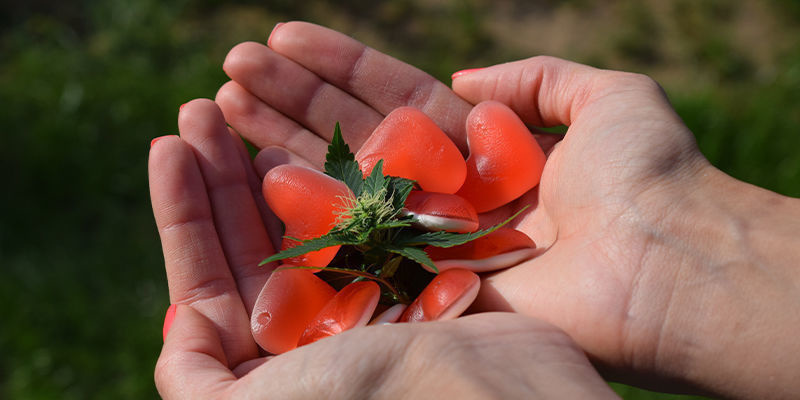
There are many ways to use THCa, from its flower to isolates and edibles. Here are just a few ways you can sample THCa for yourself.
THCa flower
One of the easiest ways to sample THCa is via flowers or prerolls. While the flower itself doesn't have any psychoactive properties, these can be activated through vaping, smoking or cooking, converting the THCa into THC. However, many people are avoiding decarboxylation (and the subsequent high) by adding their THCa cannabis flowers to salads or eating them raw with vegetables.
THCa isolate
Like other cannabinoids, you can isolate THCa using various solvent extraction methods. Much like the THCa flower, isolates have a variety of uses, including adding them to food. However, as soon as heating (or decarboxylation) occurs, the THCa will convert to THC.
THCa edibles
It's not uncommon to see edibles containing THC and CBD, and THCa is no different. It's entirely possible to pick up THCa gummies and other products that will give users access to the potential effects of THCa, all while tasting great! Many users even add their THCa isolate or flowers to smoothies and juices to make the most of the cannabinoid's possible benefits.
Is THCa flower legal?
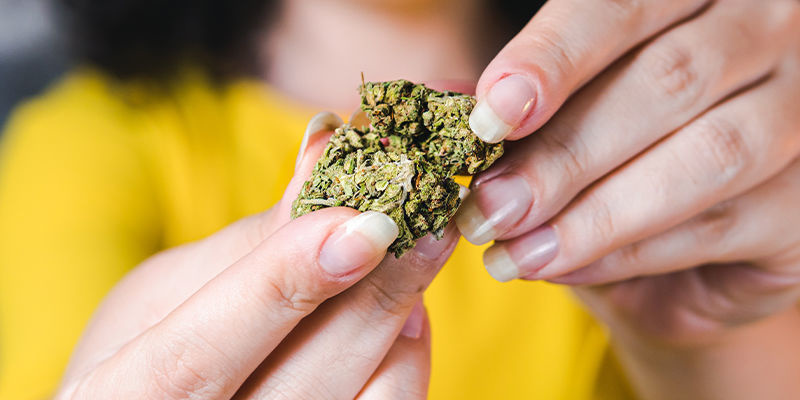
If THCa is the precursor to THC, what does it mean for the legality of this cannabinoid? As you might expect, the legality surrounding THCa is a complicated subject. While it's still an integral part of the cannabis plant, THCa itself is not psychoactive, meaning it's not bound by the same restrictions as THC.
However, local laws will vary, so it's crucial you check with your local city, county, and country enforcement agencies to see how THCa is regulated where you live.
Experience THCa first-hand
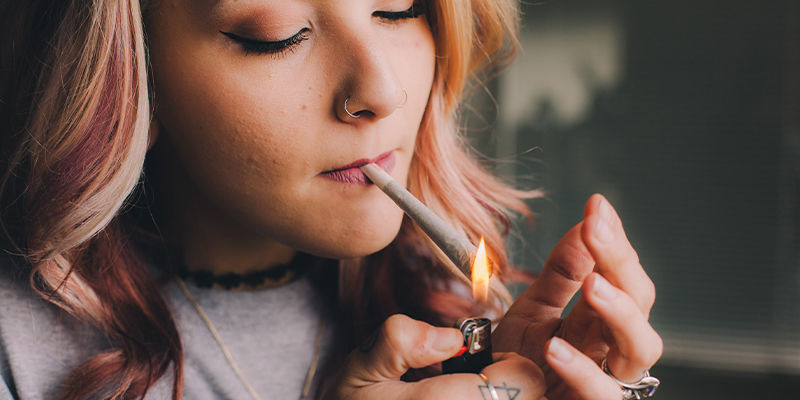
Now you know what to expect, all that's left to do is try THCa for yourself (law permitting) and see if the raw flower makes a difference in your life. However, if you can't feel a difference, you can always look to decarboxylate your THCa flowers and enjoy a decent high instead. Overall, THCa is pliable, versatile and suitable for various needs.
- Juyong Kim, Pilju Choi, Young-Tae Park, Taejung Kim, Jungyeob Ham, & Jin-Chul Kim. (2023, April). The Cannabinoids, CBDA and THCA, Rescue Memory Deficits and Reduce Amyloid-Beta and Tau Pathology in an Alzheimer’s Disease-like Mouse Model - https://www.ncbi.nlm.nih.gov
-
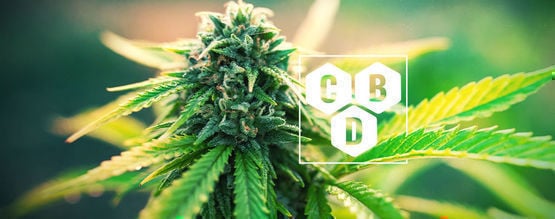 6 min
August 9, 2022
What Is Cannabidiol (CBD)?
CBD has risen to stardom in the supplement world. But what propelled a single plant-derived molecule to such great heights? There are certain elements at play here. Early research has turned out...
6 min
August 9, 2022
What Is Cannabidiol (CBD)?
CBD has risen to stardom in the supplement world. But what propelled a single plant-derived molecule to such great heights? There are certain elements at play here. Early research has turned out...
-
 3 min
February 4, 2020
Cannabinoids Are Not Unique To Cannabis
If you thought cannabinoids were exclusive to cannabis, think again! There are many plant species that contain cannabinoids, terpenes, and cannabimimetics. With cannabinoid-based treatments...
3 min
February 4, 2020
Cannabinoids Are Not Unique To Cannabis
If you thought cannabinoids were exclusive to cannabis, think again! There are many plant species that contain cannabinoids, terpenes, and cannabimimetics. With cannabinoid-based treatments...
-
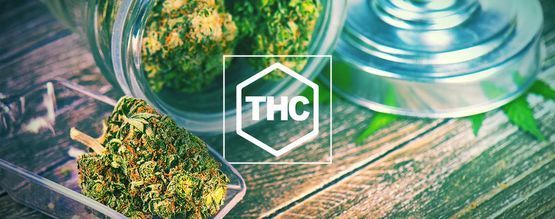 4 min
June 13, 2019
Everything You Need To Know About THC
THC—this simple molecule inspires millions of people to grow cannabis every year. But what exactly is THC? And why do people love it so much?
4 min
June 13, 2019
Everything You Need To Know About THC
THC—this simple molecule inspires millions of people to grow cannabis every year. But what exactly is THC? And why do people love it so much?
-
 2 min
May 3, 2017
7 Cannabis Strains Ideal For Boosting Motivation And...
Sativa strains of cannabis contain a high content of cannabinoids that can actually give you more energy and clear the fog from your eyes. Whether you just need a pick-me-up or you suffer with...
2 min
May 3, 2017
7 Cannabis Strains Ideal For Boosting Motivation And...
Sativa strains of cannabis contain a high content of cannabinoids that can actually give you more energy and clear the fog from your eyes. Whether you just need a pick-me-up or you suffer with...








 United States
United States









